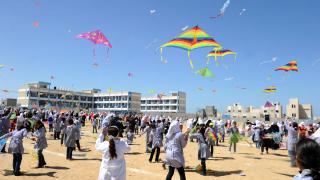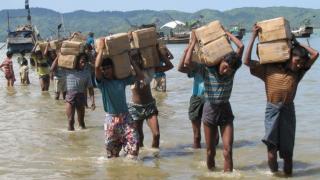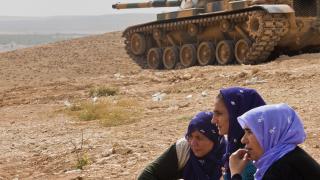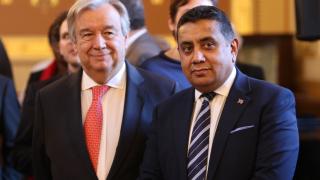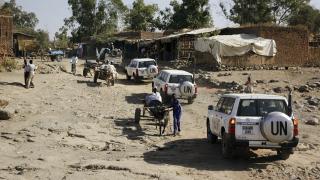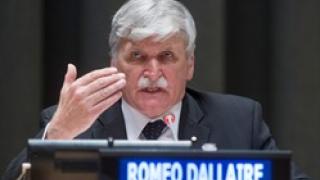
On 15 January, the Permanent Mission of Rwanda to the UN and the Global Centre for the Responsibility to Protect held a special event to commemorate 20 years since General Roméo Dallaire warned of the impending genocide in Rwanda. The 1994 Genocide killed over 800,000 Tutsis and moderate Hutus and Dallaire, acting as the Force Commander of the UN Assistance Mission for Rwanda, had appealed for preventive action to protect the Tutsi.
Speaking at the event, which focused on understanding early warning signs of genocide, Dallaire pointed to instances in which child soldiers are used as the primary weapon of war as the “most easily identifiable warning tool out there” that they are being manipulated to conduct the acts of genocide.
Reflecting on the lack of robust action in cases like Syria, the Central African Republic (CAR), Mali and the Democratic Republic of Congo, Dallaire asked the international community, “who are you to say that it is not your problem?”
Speaking opposite Dallaire, Jan Eliasson, UN Deputy Secretary General, described the consequences of collective failure to prevent the Rwandan genocide as “monumentally horrifying”. He acknowledged the UN’s continued and systematic inability to heed warnings of mass atrocities and referred to the ‘Rights Up Front’ initiative, a follow up to the Petrie Report on the UN’s failings in Sri Lanka, as a crucial step in the right direction.
Yet just one day after the commemorative event, John Ging, Director of Operations for the UN Office for Coordination of Humanitarian Affairs (OCHA), warned of the risk of genocide in CAR without a massive scaled up international response. He told a news conference in Geneva that the crisis has “all the elements that we have seen elsewhere, in places like Rwanda and Bosnia…the seeds are there for a genocide”. Today, over 886,000 have been displaced by the violence and 2.6 million require humanitarian assistance.
To read more about the crisis in the CAR, see UNA-UK’s news update or read an article written by Alex Buskie, our Responsibility to Protect Programme Officer, for the Huffington Post UK.

